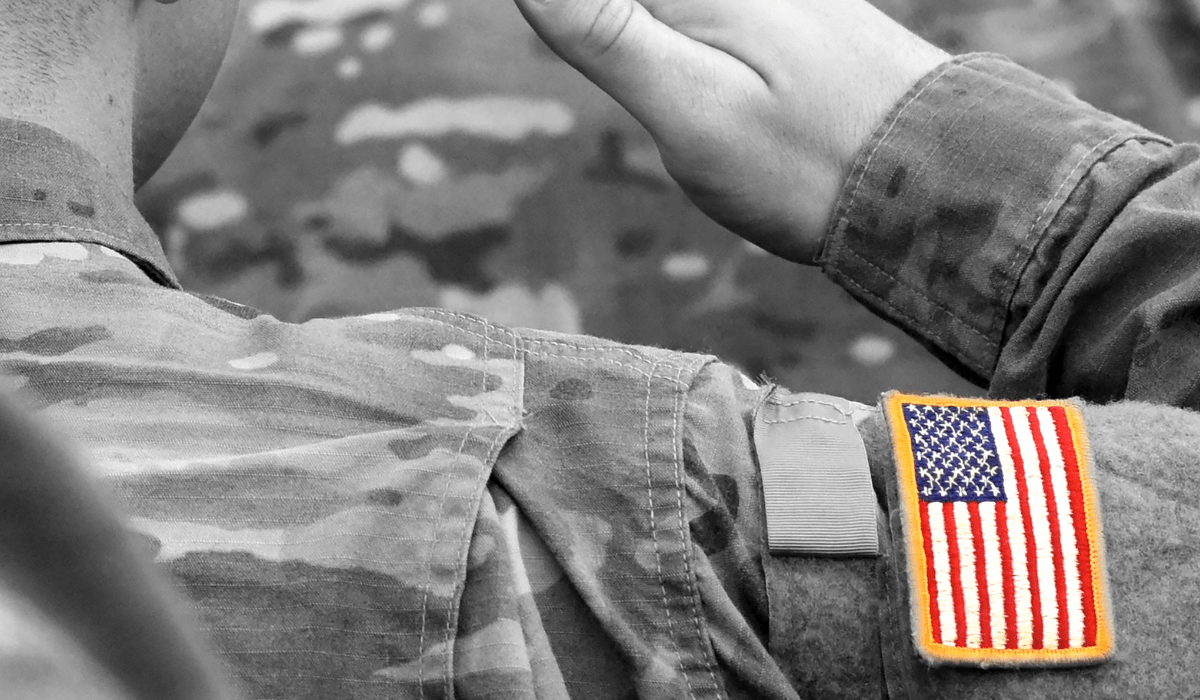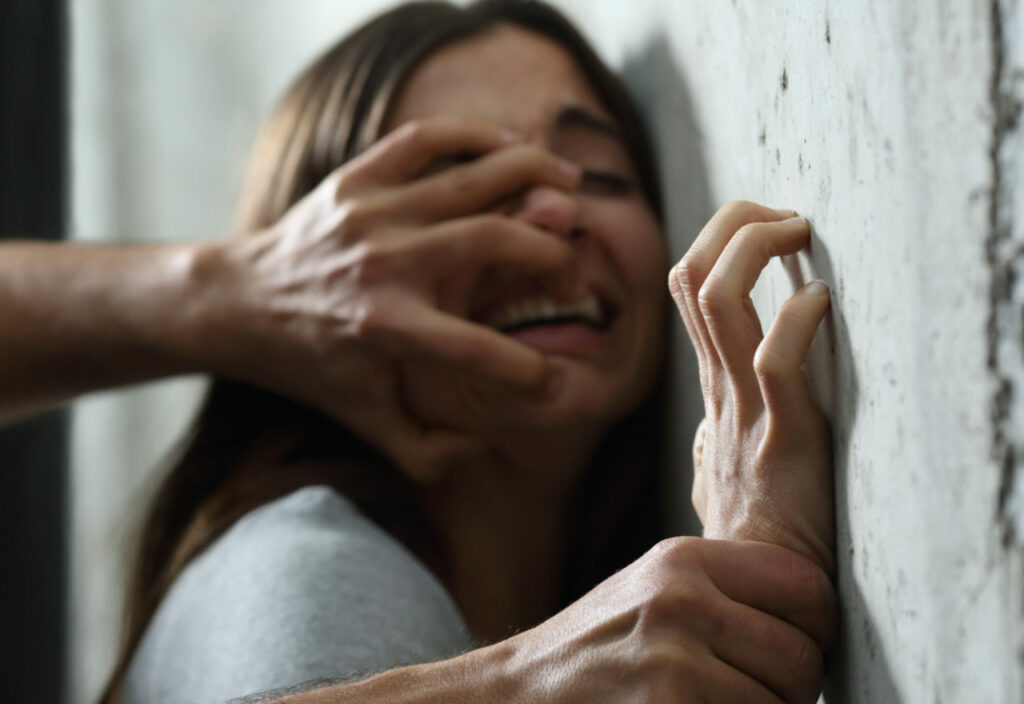
United States v. Hudson, No. 37249 (A.F. Ct. Crim. App. Aug. 23, 2010) (unpublished) deals with the issue of a member having contact during trial with the SJA. Following voir dire and challenges but before opening statements, the military judge advised the panel members to avoid the appearance of improper conduct and that the members could not speak to the lawyers in the case outside the court-martial.
The next morning, the SJA told the military judge that a member had contacted him about revising an answer the member had given during voir dire; the member had testified that he did not know the accused but after some reflection believed he may have known the accused. The SJA reported that he terminated the conversation immediately and contacted the military judge. The military judge re-opened voir dire and the member testified he did not intend to violate the military judge’s order and was only seeking advice to remedy this issue.
The defense counsel challenged the member for implied bias. The military judge denied the challenge, noting the member did nothing wrong and that a reasonable member of the public would actually be more confident in the military justice system based on the handling of this issue. The AFCCA affirmed.
The court acknowledged that the “preferred method” for the panel member would have been to raise the issue with the military judge. However, the court agreed that a reasonable member of the public would be “more confident” in the military justice system based on the member’s concerns about fairness and the extent to which he labored to resolved his concerns.
Defending Service Members Globally
Wherever Duty Calls, Our Defense Follows




